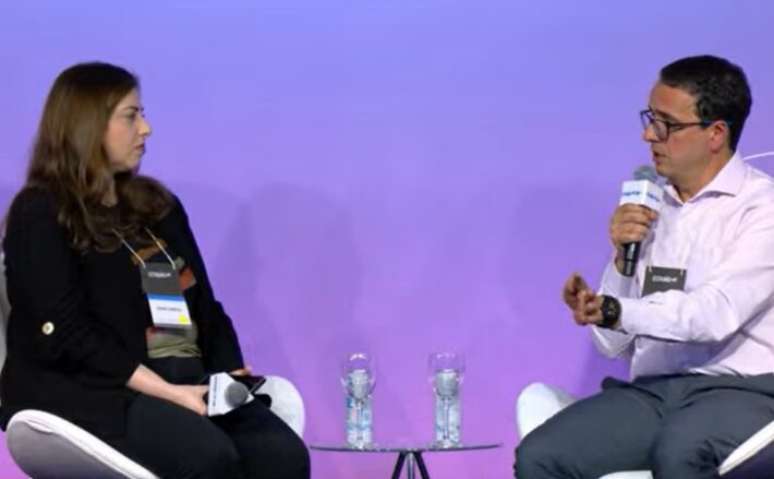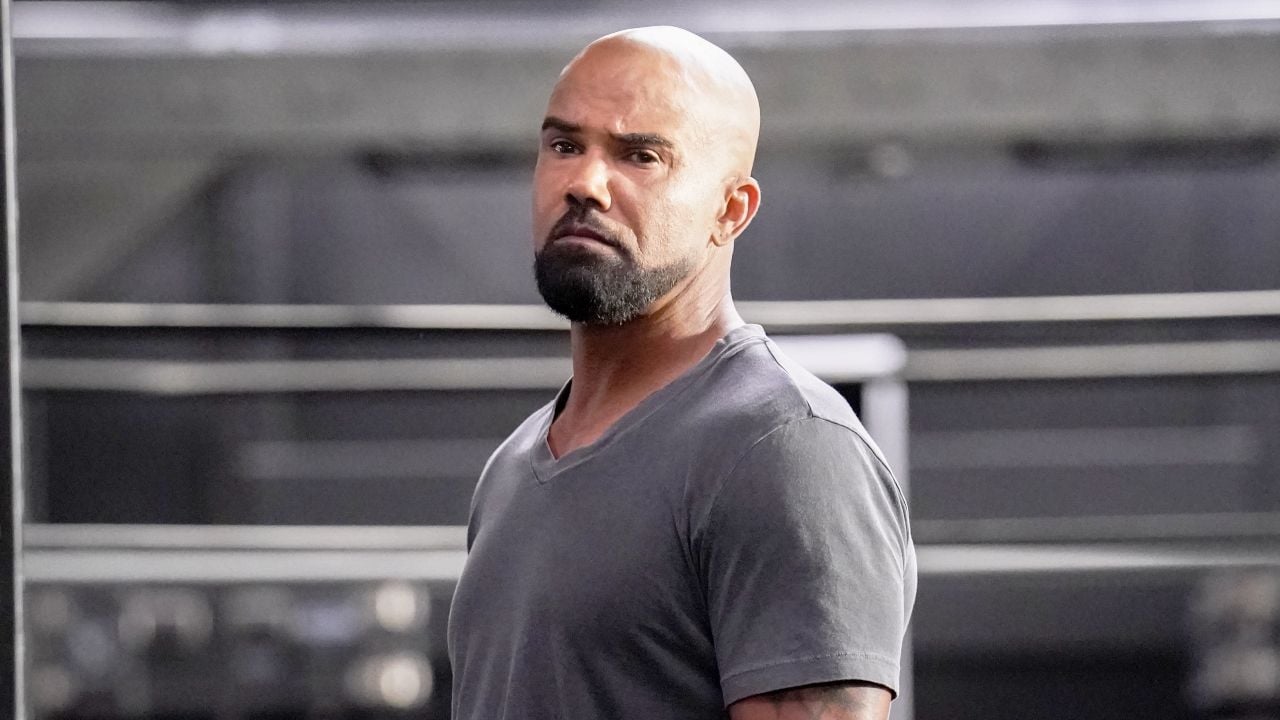For Daniel Neves Forte, in addition to the physical signs, the fear and suffering of patients with potentially lethal diseases also deserve attention.
Palliative care is an evidence-based skill for caring for the suffering of patients with life-threatening illnesses, said Daniel Neves Forte, an intensive care and palliative care physician, during an interview with Health and Wellness Summit – The challenges of living longerpromoted by Estadao this Tuesday 21st in Sao Paulo.
“Treating illness is one thing, taking care of suffering is another,” said the specialist, professor of Bioethics at the Faculty of Medicine of University of Sao Paulo (FMUSP) and former president of the National Academy of Palliative Care (ANCP).
“Emotion is not a mystical thing, it is biological,” added the doctor, underlining that patients who treat not only the disease, but who also take care of their emotions and suffering, tend to have more years of life, as long as attention is paid to these aspects from the beginning of the treatment.
“If this cure begins from the end, (the patient) cannot benefit. If he starts from the diagnosis and manages to take care of the fear, the pain, the family, he has all the benefits, including survival”, highlighted Forte.
In this sense, in addition to controlling physical symptoms and pain, it is important that the team works to control emotional factors, such as fear, and encourage hope.
“I’m tired of seeing people who are dying and say ‘I think I’ll be fine’, ‘I hope for a miracle’. Sometimes everyone despairs, thinking that that person didn’t understand anything (about your situation)hand. This is the hope. It’s legitimate, it’s human, there’s nothing wrong with it. Instead of reacting with fear to hope, we must learn to connect with it,” he defended.
For all healthcare workers
For Forte, palliative care should not be performed only by the palliative care professional, but by all healthcare professionals, who must incorporate knowledge of the field into their practice.
“The big impact will be when all healthcare workers apply it in their daily lives,” he said.
Competence has become mandatory in medical education, a measure he has valued as a starting point for expanding palliative care into other settings, but there are still obstacles. “Not all medical schools are on board, and even those that are don’t always have qualified professionals (for teaching palliative care)“he commented.
Growth of palliative care
Another measure to increase the application of the approach was the approval, in 2024, of the National Policy on Palliative Care (PNCP). However, it has not yet become a reality for most patients and their families.as demonstrated by Estadao.
Despite the pace at which actions under the PNCP have been implemented, Forte said the country, which until recently lagged behind its Latin American neighbors, is on track to become an example. “In the last 15, 20 years, (palliative care) have grown exponentially. We are becoming a reference for other countries in the world.”
Euthanasia: “Brazil is not ready”
In the interview with the special journalist Fabiana Cambricoli the doctor also spoke about euthanasia — last week, the Uruguay is now part of the list of countries that allow this the procedure.
“From the point of view of the idea I am completely in favor. It is an individual right, a freedom of autonomy that can be guaranteed, but it must be contextualized,” Forte said.
For him, before adopting the practice, patients must have access to quality palliative care, with pain control in all its aspects. “The person who suffers is desperate, he asks for euthanasia. If we do not have good control over physical and emotional pain, we cannot talk about euthanasia,” he declared.
Guaranteeing the refusal of treatment is another fundamental prerequisite for a country to adopt this practice.
“A competent, free and enlightened person should have – which in Brazil he does not have – the right to refuse any treatment. If he is completely free, enlightened, informed, knows the risk-benefit ratio and says ‘I don’t want’, he should not be forced (undergo treatment) when he will lose decision-making capacity, which is what is recommended today,” he added.
Live broadcast
THE Health and Wellness Summit – The challenges of living longer will take place this Monday, the 21st, with topics such as the difficulties in diagnosing dementia and the fight against obesity. The full program is available Here and the live broadcast can be followed Estadão channel on YouTube.
Source: Terra
Rose James is a Gossipify movie and series reviewer known for her in-depth analysis and unique perspective on the latest releases. With a background in film studies, she provides engaging and informative reviews, and keeps readers up to date with industry trends and emerging talents.


![A Better Life Preview: What’s in store for Wednesday, October 22, 2025 Episode 447 [SPOILERS] A Better Life Preview: What’s in store for Wednesday, October 22, 2025 Episode 447 [SPOILERS]](https://fr.web.img5.acsta.net/img/f8/43/f843493759d61370dcef713a987b0620.jpg)
-1ji50mecs3jg9.jpg)



